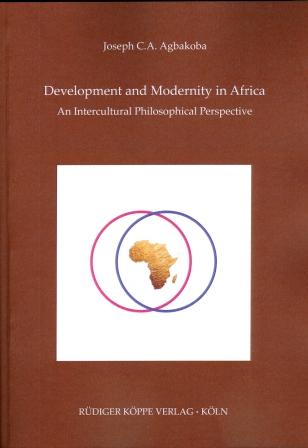If you are struggling to find answers to these and similar questions, you might want to read this book by Intercultural philosophy expert, Joseph Agbakoba, a Professor at the Faculty of Social Sciences, University of Nigeria, Nsukka.
The book, 405 pages of solid intellectual analyses, has just recently been released by German publishers, Rüdiger Köppe, and is available online on amazon.com.
It explores, in the main, the world views, beliefs, value systems and thought processes (notably expressed in words or language) which define Igbo and countless other culture groups across Africa and the globe. It examines the impact of major historical forces like slavery, colonialism and neo-colonialism on the groups’ personalities. Finally, it evaluates the reactions of each group to their experiences as well as the overall outcomes of these reactions on their developmental trajectory.
The author concludes that since man is imbued with a will to choose, our developmental paths and outcomes are more a product of group personality than events and circumstances of history, however forceful. In other words, every society is ultimately responsible for how it turns out – and must take either credit or blame for it.
Coming at a time when it is still fashionable to blame “external forces” (mainly from Europe, Middle East and North America) for the fortunes and woes of Africa, Agbakoba’s perspective and conclusions feel like a long-overdue reality check.
To arrive at those conclusions, the reader is taken on a guided tour of diverse cultures of the world (from Africa to Europe and Asia) and across various periods in history (ancient, medieval, pre-colonial, colonial and even post-colonial) in search of clues for why we are the way we presently are. The experience, for me, was like a ride on a rollercoaster – sometimes frightening, at other times exhilarating, at all times compelling.
A candid note of warning though: This book is rated 21. It contains sections and language which may not be suitable for persons allergic to intellectual rigour. Reader discretion is advised.
For all those however who are not constrained by this warning, the book offers a rich harvest in thought, dialectics and perspectives to keep any diligent searcher for knowledge going for a long time. That would include not just scholars in the field of Philosophy but also Linguistics, Politics, Cultural Anthropology, History and indeed all of the Humanities. This is a timeless contribution not just to scholarship but to social engineering.
In this season of anomie when a routine Google search on the subject of “Nigeria” or “Africa” throws up mostly sad news of war, conflict, terrorism, banditry, corruption and poverty, there are still those working silently and diligently at their crafts with the purpose of moving their country, their continent and the world forward. With this book Professor J.C.A. Agbakoba has stood up, once more, to be counted.
 Books
Books Audio
Audio Biographies
Biographies Series
Series Festschrifts
Festschrifts Journals
Journals